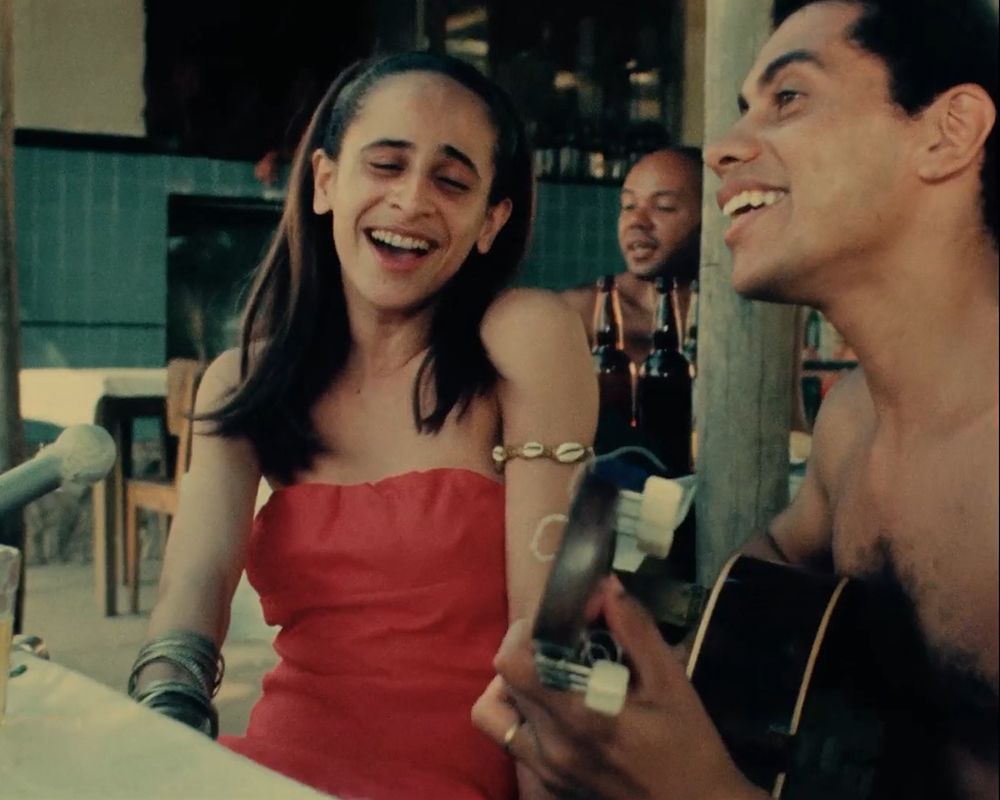 Mk
Mk SARAVAH documentary film
31 May • Kotur, 20:30
- Pierre Baroux
- Pierre Baroux
- 2024
- Maria Bethânia, Paulinho da Viola, Baden Powell, Márcia, João da Baiana, Pixinguinha, Pierre Barouh
- 60 min.
A documentary about the Brazilian music circa 1969, made in Rio, that become a cult, with extremely rare scenes, such as the only color footage of Pixinguinha, images of João da Baiana, one of the fathers of Samba, Maria Bethânia rehearsing at Barroco nightclub, Baden Powell playing his acoustic guitar, Paulinho da Viola showing his masterpiece "Coisas do Mundo, Minha Nega", just finished, and Márcia, a singer from São Paulo. In 1969 Brazil, amid the military dictatorship's 5th year, musicians, artists, and students protest against the oppressive regime through song and demonstrations. This film not only documents the work of relevant Brazilian artists, but also registers a turbulent period in Brazil, politically and socially, during the dictatorship. In 1969, when the film was made, it was the climax of a political upheaval filled with rumors of arrests and disappearance of prominent artists; it was a decisive time when intellectuals, such as writers, composers and other artists fled the country to avoid persecution. The film was only made possible by the talent and courage of its French director Pierre Barouh, who is also a great composer, actor and perennial lover of Brazilian Music. Barouh came in Rio in 1969 to see his friend, Baden Powell. The film was completely restored and remastered in 2024, then having its European premiere. “Saravah” is a movie that’s mandatory for any samba, bossa-nova or general Brazilian music fan.
